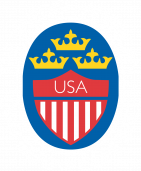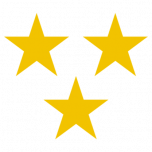The Nobel Prize in Physics 2023
The Royal Swedish Academy of Sciences has decided to award the Nobel Prize in Physics 2023 to Pierre Agostini, of Ohio State University, Columbus, USA, Ferenc Krausz, from the Max Planck Institute of Quantum Optics, Garching and Ludwig-Maximilians-Universität in München, Germany and Anne L’Huillier, Professor at Lund University, Sweden.



